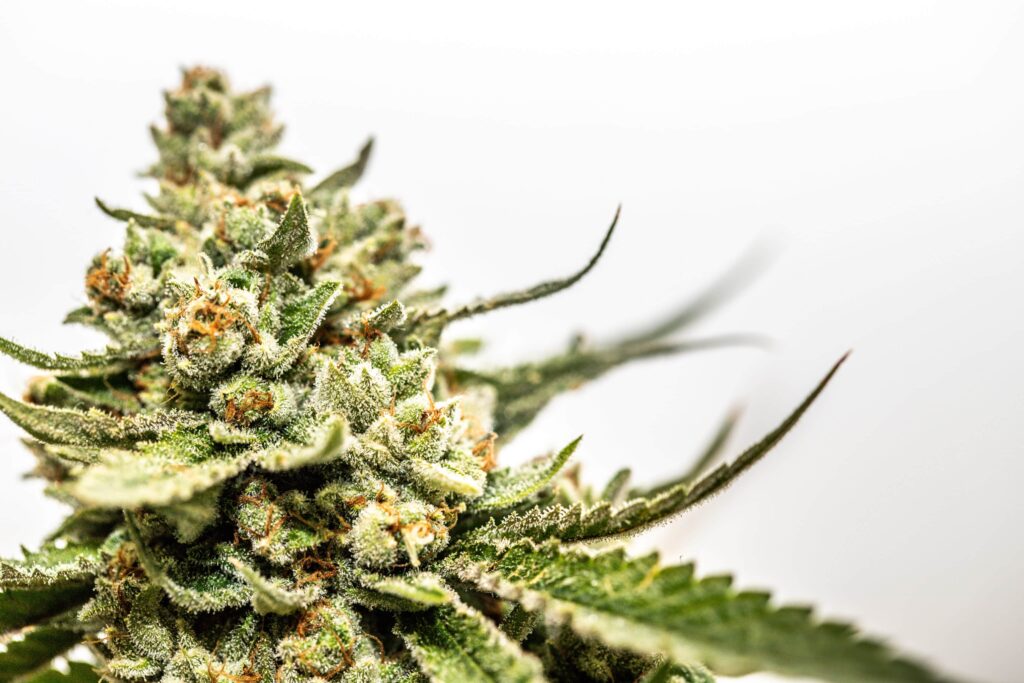
German Health Minister Karl Lauterbach recently said in an interview with the Rheinische Post on August 9 that the federal cabinet will approve the proposed legalization plan for cannabis soon.
“I expect the cannabis approval to come into the cabinet next week. There will be small changes…” Lauterbach said.
When the interviewer inquired about the changes, he said that it’s up to the cabinet to determine changes. “But I can already say this much: parallel to the legislation, we will run a major campaign to draw attention to the risks of cannabis consumption,” Lauterbach continued. “Cannabis is particularly harmful to the still-growing brain. The brain is still being remodeled up to the age of 25. Anyone who consumes in this age phase is particularly harmful. My goal is that we reduce cannabis use among young people and make it safer for those who want to use it.”
The first public draft was revealed last month on July 5, which at the time Lauterbach referred to it as a “two-pillar model” that would “legalize private cultivation by adults for personal consumption as well as communal, non-commercial cultivation of cannabis in cultivation associations.”
That draft noted that adults over 18 years and older would be allowed to possess up to 25 grams of cannabis and cultivate up to three plants at home. Social clubs would also be established as places to purchase cannabis, as well as restrictions regarding location from schools. The number of clubs per city is determined by population, with one club serving every 6,000 people. Social club permits would last for up to seven years, and permit owners would be eligible to renew their permit after year five.
Lauterbach mentioned a pending educational campaign presented by the government to “draw attention to the risks” of cannabis. Some states in the U.S. have successfully launched education campaigns surrounding cannabis as well.
Back in 2019, an educational initiative was presented in the form of a game show called “Weeded Out” in Denver, Colorado. The jeopardy-style show asked teenage participants to answer questions about cannabis and promoting education.
Last April, New York launched a massive education campaign that spanned television commercials, radio ads, advertisement on public transit, social media, and billboards. It included coverage of the law, storing cannabis products safely, among other topics. “With the ‘Cannabis Conversations’ campaign, we’re following through on our commitment to provide New Yorkers with the information they need to safely navigate the new Cannabis Law,” said New York Gov. Kathy Hochul. “Education is the best tool to keep New Yorkers healthy as we continue to ramp up this safe, inclusive, and equitable industry.”
In September 2022, Connecticut launched an educational campaign to provide “people with the tools and knowledge to make informed decisions to keep their families safe,” said Gov. Ned Lamont. It included information on how to safely store cannabis, how to dispose of cannabis waste, and what to do if a child or pet accidentally consumes cannabis products, all in a variety of mediums such as videos, brochures, flyers, and social media graphics.
In October 2022, a Pennsylvania grant program provided a total of $200,000 to organizations promoting hemp education and awareness. “These grants will feed a new industry that was once a staple of Pennsylvania’s economy and is again presenting opportunities for farm income and jobs as well as new possibilities for climate-friendly, environmentally beneficial products,” said Pennsylvania Department of Agriculture Secretary Russell Redding.
Most recently, Oklahoma advocates ramped up awareness for a special election for State Question 820 in February with an educational video. However, voters still rejected the measure with 62% opposed and 38% in favor.
Read full article on High Times

